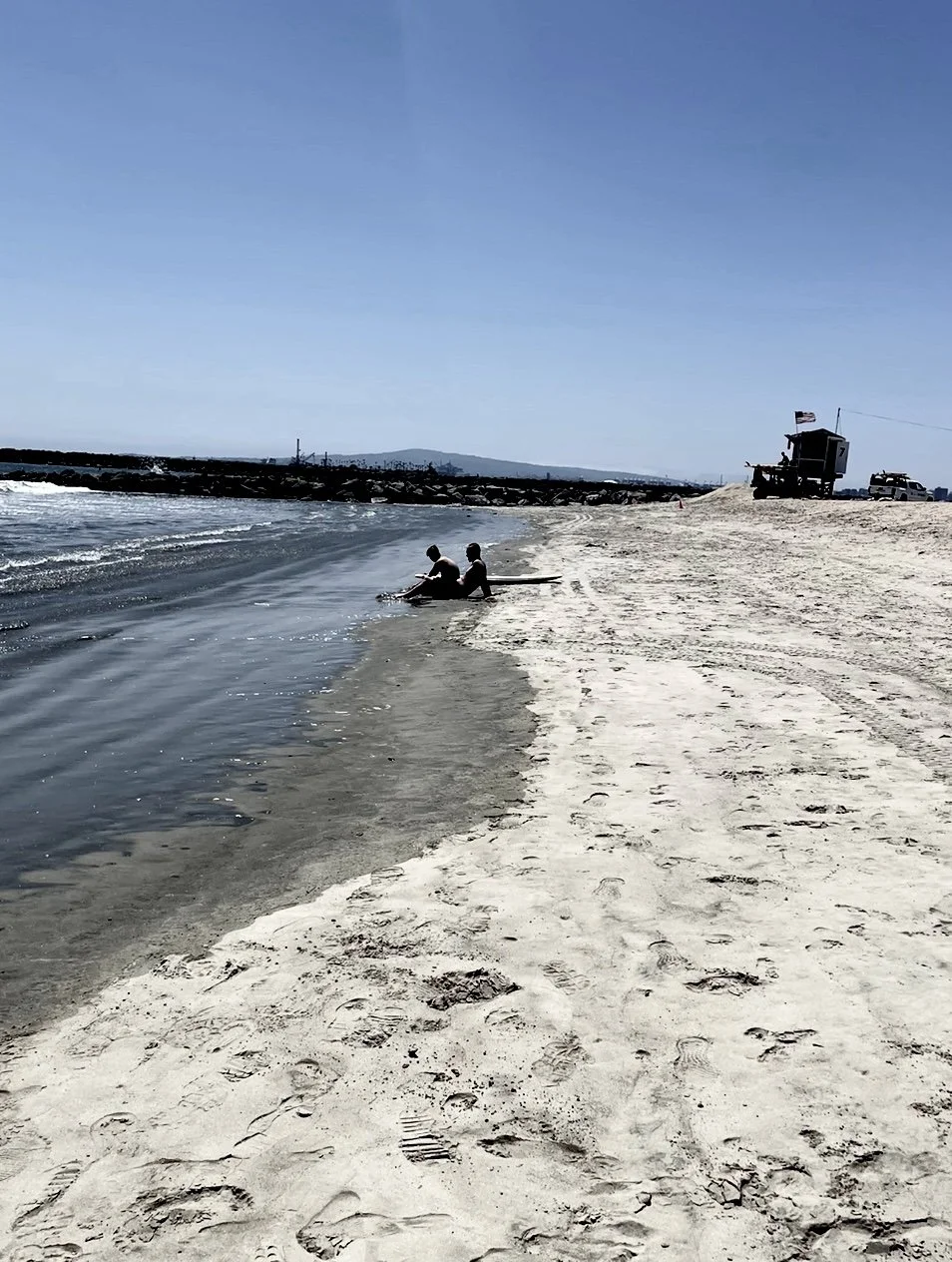Employment…history?
Hard to believe, but until now I’d been working since I was younger than them.
Part 3 in this series.
When I was 12 years old, I started working regularly for the first time. Before images of factories and truancy notices pop into your head, my first “job” was manageable.
Every other Saturday morning, I mowed three and a half acres of open land owned by the church my dad pastored on a riding mower. Within a couple months, a couple of families were also paying me to mow their yards.
That same year, a family friend who ran a janitorial business hired me to take care of a preschool building he had a contract to clean. It was a night job—Mondays, Wednesdays, and Fridays— and I did the light work. Empty the trash cans, mop the bathrooms, clear the sidewalks of dirt with a blower. And hour or so each time for which I was paid $10.
These oddest of jobs marked my entry into the work world and, in one way or another, I have been employed ever since. At least, I had been until I was laid off by my university.
From that first work landscaping I went to selling Greek food at the Del Mar Fair to doing paid phone research to valeting cars to collecting money in the Carl’s Jr. drive thru back to janitorial work to the dish room to the earliest of my “college-appropriate” jobs.
In sum, I haven’t been out of work since before I became a teenager, haven’t left a job without the next one already lined up. To say getting ejected into unemployment has had a seismic impact on my sense of self is absolutely accurate.
I’m well aware jobs don’t dictate our identity, but they do provide the pattern across which we stretch ourselves, the outlet through which we enact our character, and the most consistent subject outside of family and faith we define our worth in reference to.
So, to be without that part of my life—less a gaping hole than a familiar picture thrown so out of focus it represents nothing of substance—is more than alien.
It’s an unfamiliar language I’m expected to speak. It’s learning to dance after an injury. It’s being left at a bus stop in the middle of nowhere near the familiar streets you thought you were traveling.
I’m left wondering where I will land. If I will land. Even if I get a job back in the classroom, my world has been altered in ways I think I’ll spend the rest of my career adjusting to.
